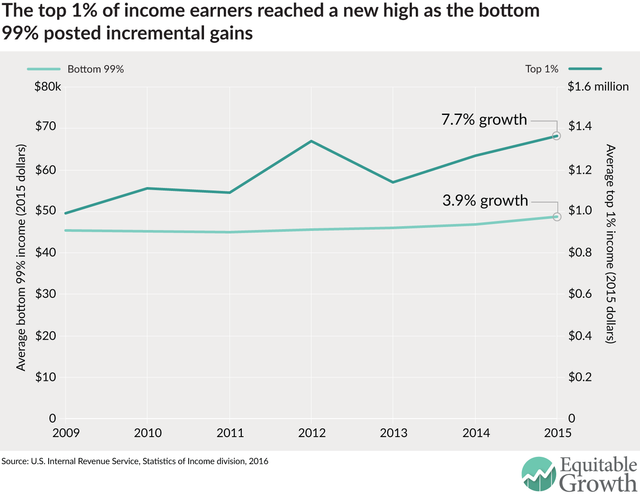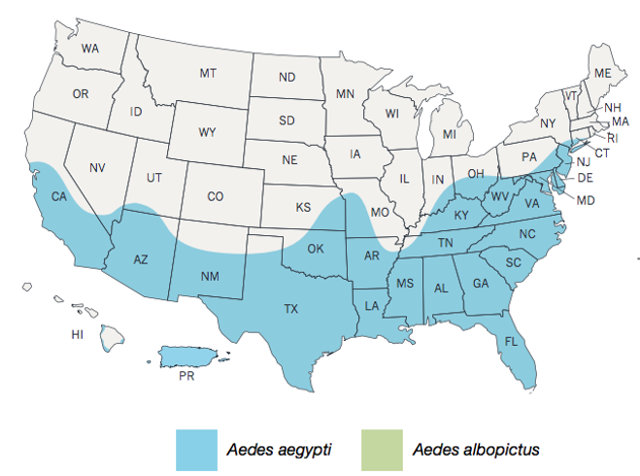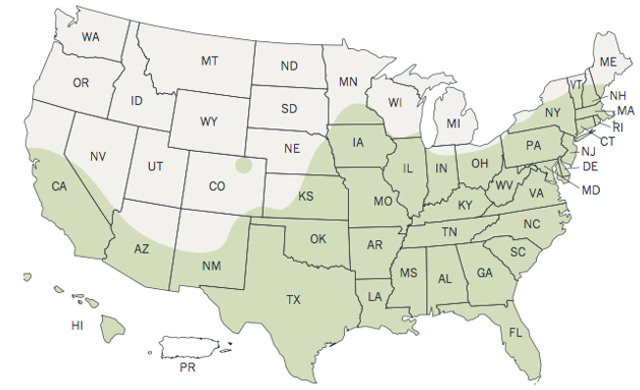Jean Shaoul
Bahrain’s interior ministry announced last week that the ruling Sunni monarchy had decided to strip top Shiite Muslim cleric Ayatollah Isa Qassim of his citizenship. It is part of a broader crackdown on all opposition and the Shia community in particular.
The decision, which carries the imprimatur of Bahrain’s Saudi backers, has further inflamed sectarian tensions within the Gulf States and with Iran, which were already running high over the ongoing civil wars in Iraq, Syria and Yemen.
The interior ministry claimed that Qassim had played a “major role in creating an extremist sectarian environment and worked on dividing society” and had abused his position to “serve foreign interests [a reference to Iran] and promote... sectarianism and violence.” It is also investigating a $10 million bank account registered in Qassim’s name, provoking outrage from senior clerics who oppose any attempts to interfere with the Shia practice of collecting a tax called khum.
Following a change in the law in 2014, Bahrainis can be stripped of their citizenship for any actions deemed harmful to the kingdom’s national interests, which in practice means the interests of the Khalifa royal family. Revocation of citizenship that would render a person stateless is illegal under international law.
The ruling clique have also introduced a new law banning religious leaders from membership of political groups, making it clear that it is not just the Shia who are the target of the clampdown but Sunni as well.
The move opens the way for Qassim, who was born in Bahrain in the 1940s, to be deported. According to the United Nations High Commissioner for Human Rights, the Bahraini authorities have stripped at least 250 people, mainly human rights defenders, political activists, journalists, academics and religious scholars, of their citizenship. The vast majority have been Shia. Many of those who have lost their citizenship became stateless and were subsequently deported.
The cleric’s supporters took to the streets throughout the tiny island kingdom, with thousands shouting “Down with [King] Hamad”--a crime punishable by a prison sentence--and staged a sit-in outside his house. There were clashes in some villages between his supporters and the security forces, including the National Guard that had been widely deployed in anticipation of unrest.
Iran’s Supreme Leader Ayatollah Ali Khamenei, speaking on state television, said, “This is blatant foolishness and insanity. When he still could address the Bahraini people, Sheikh Isa Qassim... would advise against radical and armed actions.” He added that it would provoke a rebellion by young Shiites, who make up the majority in the Sunni-ruled kingdom.
The revocation of Qassim’s citizenship comes as the authorities brought forward court proceedings aimed at closing down the main Shiite opposition al-Wefaq Islamic Society, defying United States and UN calls for the ban to be dropped. Earlier this month, the court suspended all al-Wefaq’s activities and froze its assets.
The al-Wefaq bloc was the largest in parliament until its members withdrew in protest at the brutal suppression of the 2011 mass pro-democracy protests by Bahrainis across the religious divide. The demonstrations called for an end to the corrupt practices of the ruling family and sectarian discrimination, an equitable distribution of the country’s wealth and democratic elections. The Khalifa ruling family, unable to crush the protests with their own forces, called in military support from the Saudi monarchy, with which they have close family ties, and the Gulf Cooperation Council to shore up their rule.
Riyadh will countenance no compromise with the Shia-based opposition or parliamentary elections that might lead to them gaining power, as happened in Iraq. Its key aim is to prevent the spread of unrest to Saudi Arabia, which is linked to Bahrain by a causeway, and the rest of the Gulf States, all of which face dissent from their own impoverished masses. To this end, it has employed a divide-and-rule policy whipping up sectarian tensions against the Shia, who form the majority in the oil producing regions.
Since the 2011 demonstrations, there have been almost daily skirmishes between Shiite youths and security forces, as well as several bomb attacks.
Sunnis have also formed their own political movements with their own demands for higher wages and political representation, leading the authorities to redraw the electoral boundaries in 2014 to the disadvantage of their candidates.
Last month, the courts more than doubled a four-year prison sentence on al-Wefaq’s leader, Sheikh Ali Salman, for “inciting violence.” Last week, the authorities re-arrested prominent rights campaigner Nabeel Rajab on two charges of criticising the government, while dozens of activists were banned from travelling overseas to attend the 32nd UN human rights session in Geneva. Rajab is one of Bahrain’s most well-known human rights known activists, having established Bahrain’s Centre for Human Rights. He has served several jail terms for his activities.
Another activist, Zainab al-Khawaja, was forced to flee the country after being threatened with re-arrest and indefinite separation from her children. Just weeks earlier, she was released from prison following international condemnation of her incarceration for tearing up a picture of King Hamid.
The stepped-up repression takes place amid the devastating impact of the slide in oil prices on government revenue and the pressure to increase public spending since the Arab uprisings of 2011. While Bahrain has little oil, its financial services-based economy has been badly hit by the political turbulence, leading to a budget deficit every year since 2011.
In May, the international credit ratings agency Moody’s downgraded Bahrain’s debt following a budget deficit equal to 13 percent of GDP that is expected to rise, generating a government debt of 100 percent of GDP in 2019, up from 44 percent in 2013. This is despite the removal of subsidies that has led to dramatic increases in the price food, water and electricity. This has been combined with public sector job losses and increases in taxes that have hit poor Bahrainis across the sectarian divide. Poverty is set to increase with the introduction of Gulf-wide VAT, higher charges for government services and changes to pension benefits.
The two other ratings agencies, Standard and Poor’s and Fitch, have also downgraded Bahrain’s debt, with the latter downgrading it to “junk” status this week.
Bahrain’s interest payments this year could reach 27 percent of budgetary revenue, up from 16 percent in 2015. More than one-quarter of public spending goes on defence and security, much of which is purchased from the US, whose Naval Forces Central Command and Fifth Fleet are based in Bahrain, and Britain, which routinely turns a blind eye to human rights abuses.
The head of Britain’s armed forces was in Bahrain the day after the kingdom revoked Qassim’s citizenship. Foreign Secretary Philip Hammond’s last visit to Bahrain on May 30, when he welcomed “Bahrain’s commitment to continuing reforms,” took place the same day al-Wefaq leader Sheikh Ali Salman’s prison sentence was increased.
Two years ago, London agreed a deal with Manama to build a new naval base in the country, which according to a Freedom of Information request from the Bahrain Institute of Rights and Democracy, will largely be funded by Bahrain. Earlier this year, it was revealed that British naval commandos were training Bahraini security forces in sniping techniques.



